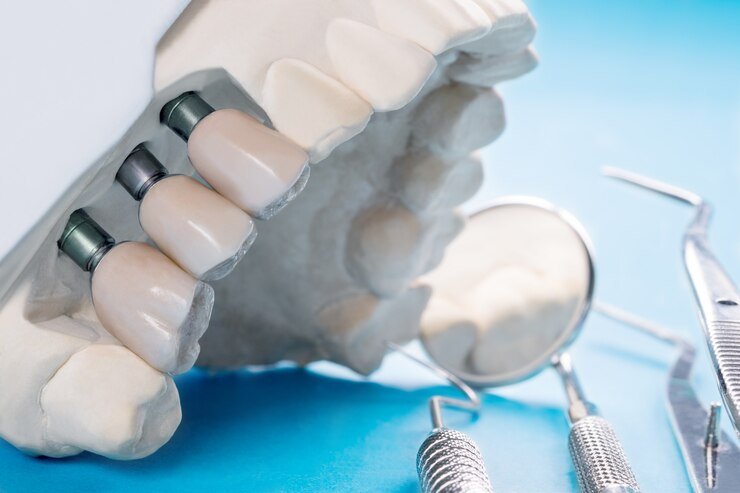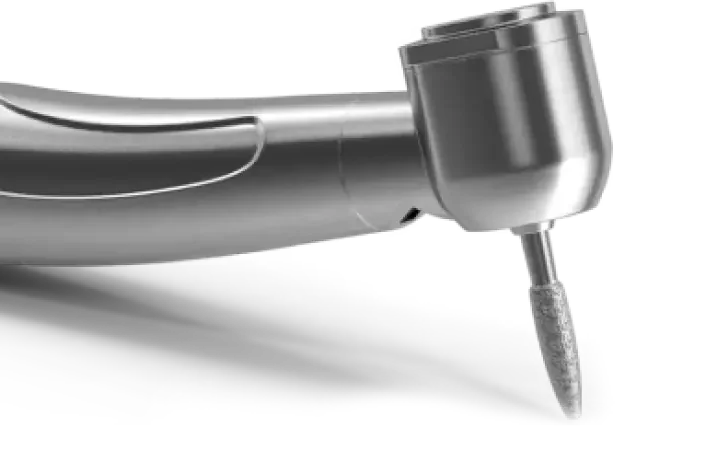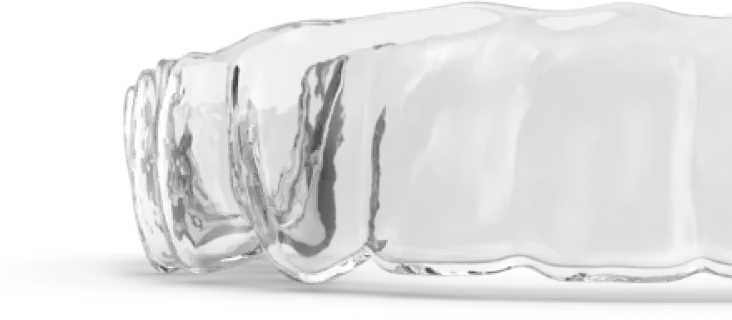
March 19, 2025
Dental implants are a natural looking solution to missing teeth. They have revolutionized the dental industry by not only helping people achieve beautiful smiles but also by restoring functionality in the teeth. Chic Clinic, located in Mahboula, Kuwait, has also established this revolutionary tactic to help its patients achieve perfect smiles with functional teeth. Before going and getting yourselves a whole new set of teeth, it’s important to learn the different types of implants so that you can make an educated decision on what to get, if you ever require.
What Are Dental Implants?
Dental implants are artificial roots made of titanium or any other body-friendly material. They are placed inside the jawbone through surgery. Implants are perfect for dentures, including crowns, bridges, and bridges. They replace lost teeth and operate like one real tooth in form and function.
Why Would Someone Need Dental Implants?
Dental implants can be the correct choice for people who have lost their teeth to decay, gum disease, or accidents. These are the major reasons people opt for them:
- They rehabilitate chewing, voice, and self-confidence.
- These implants improve facial aesthetics and stop bone loss.
- They increase one’s self-esteem by giving a realistic smile.
- They offer a long-term, reliable alternative to traditional dentures and bridges.
How Do Dental Implants Work?
The steps in the procedure of the dental implants are:
- First Consultation: The first visit to the dentist examines the oral cavity and takes x-ray films to identify if you are fit for implantation.
- Implant Placement: The dentist performs a surgical procedure to insert the artificial tooth into the jawbone and integrates with it over time through osseointegration.
- Abutment Placement: After the implant has integrated with the bone, the abutments are installed to carry the load of the prosthesis.
- Crown Attachment: Last, the final custom-made crown is cemented or screwed to the abutment to finalize the restoration.
What Are The Three Types Of Dental Implants?
Endosteal Dental Implants
Endosteal implants are the most frequently used type of dental implant. Once the jawbone has degraded enough to accept the implant, it is surgically inserted into it and acts as an artificial root for the replacement tooth. A crown or prosthetic tooth is then placed to restore function and cosmetic appearance.
Subperiosteal Implants
Subperiosteal implants are a perfect alternative for patients with inadequate jawbone density that will endosteal support the implants. The slightly larger implants are positioned over the jawbone beneath the gum. Normal bone grafting is an alternative to the procedure.
Zygomatic Implants
Zygomatic implants are the least commonly used substitutional treatment for patients with severe bone loss in the upper jaw. This category of implants anchors from the cheekbone (zygoma) and supports the relief teeth. Without bone grafting, zygomatic implants are one of the most preferred options for complex cases.
Advantages Of Each Dental Implant
Endosteal Dental Implants
- Strength and Durability: Endosteal implants are made of metal or an alloy of metal materials, and they can withstand the pressure of the supporting teeth.
- Long-Lasting: Proper endosteal implants can last for a lifetime.
- Better Functionality: This enabled him to chew and speak normally.
- Natural Appearance: The crown is visible, but it looks natural.
Subperiosteal Implants
- Suitable for Patients with Bone Loss: These implants do not require a strong jawbone for support because the teeth are located between various walls of the mouth’s soft tissue.
- Less Invasive Procedure: No need for bone grafting, making the surgery quicker and much less painful.
- Faster Healing Time: The healing time is shorter compared to endosteal implants
- Alternative for Those Unable to Get Traditional Implants: This option is ideal for patients who cannot undergo more extensive dental surgeries.
Zygomatic Implants
- Ideal for Severe Bone Loss: These implants anchor into the cheekbone and are suitable for patients with severe bone loss in the maxillary bone.
- No Need for Bone Grafting: Unlike other implants, bone grafting is not done here, which saves time and requires no additional surgical procedures.
- Highly Stable and Durable: They provide excellent support since they are secured in the zygomatic bone.
- Effective for Full Mouth Restorations: Often used for patients with extensive tooth loss that requires restoration of all the teeth in the mouth.
How To Choose The Best Implant For You?
- Bone Density: Endosteal implants are carved into the jawbone, while subperiosteal and zygomatic implants leave enough space for patients without bone support around them.
- Overall Health: Ideally, implants can be obtained by an individual with good gums and no health conditions, such as poorly controlled diabetes.
- Budget: Some implant types might cost more money due to the complexity of the treatment required.
- Personal Preference: Sometimes, discussing your preferences with your dentist can help you choose a suitable implant based on your needs and expectations.
Conclusion
Dental implants are an excellent way of getting functional teeth with a picture perfect smile. If you are ever in need of Dental Implants, make sure to visit Chic Clinic in Kuwait. Whether you require endosteal implants, subperiosteal implants or zygomatic implants, they have them all.
Other Services
Opening Hours
Saturday - Sunday
09:00 AM - 09:00 PM
Monday - Wednesday
09:00 AM - 09:00 PM
Thursday
09:00 AM - 08:00 PM
Friday
Closed








